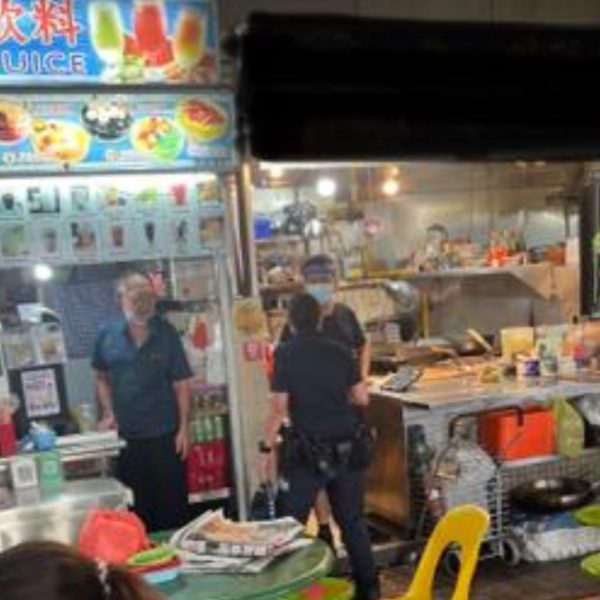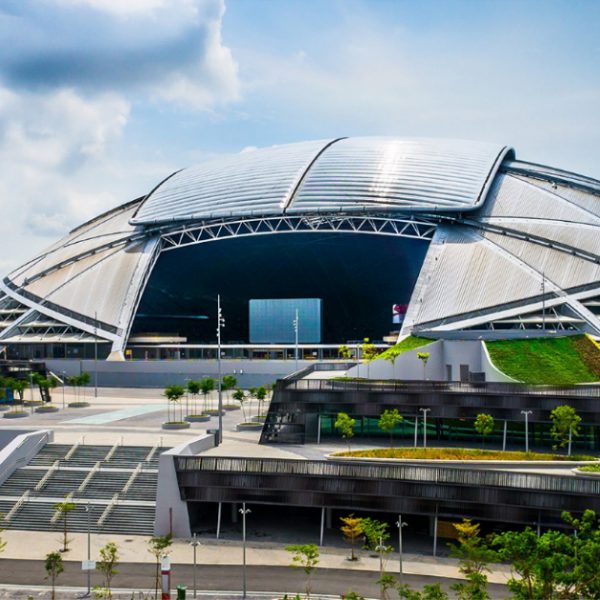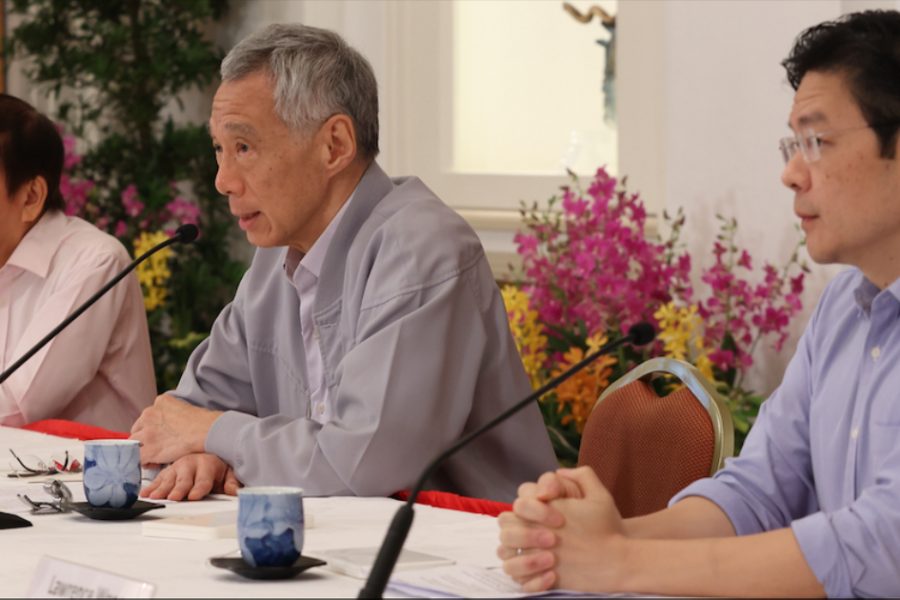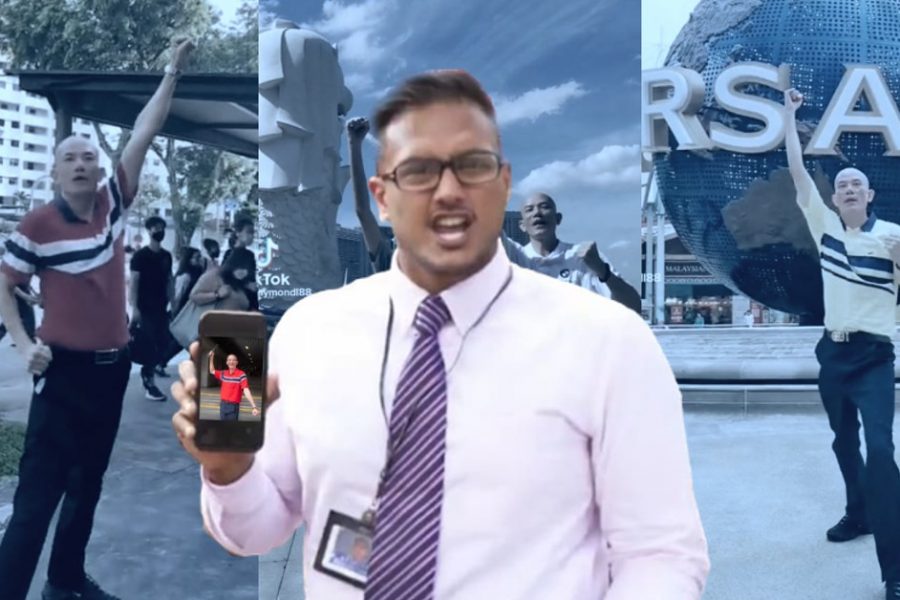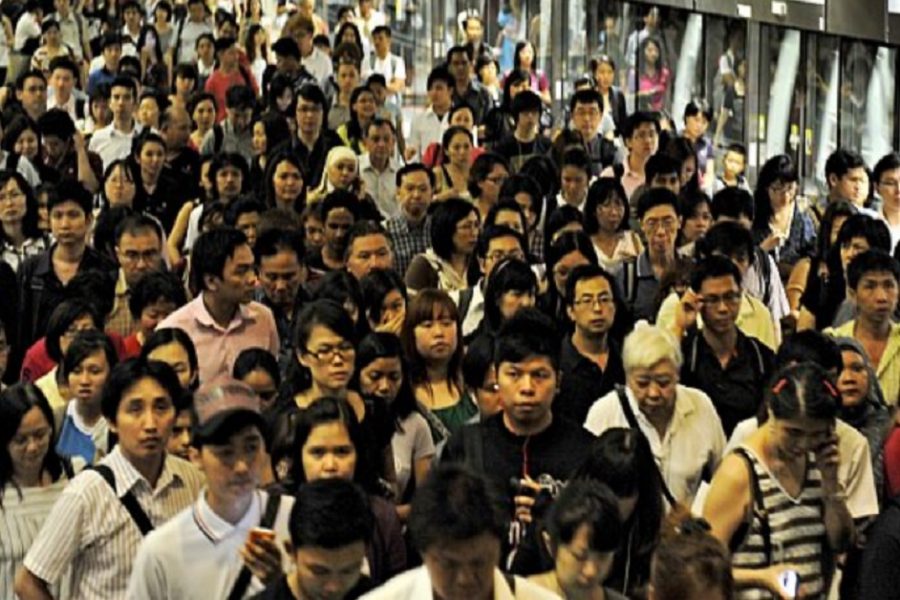SERS demonstrates that even the individual’s choice to buy an HDB to live for the rest of their lives is not sacrosanct when the flat can be repossessed by the government any time.
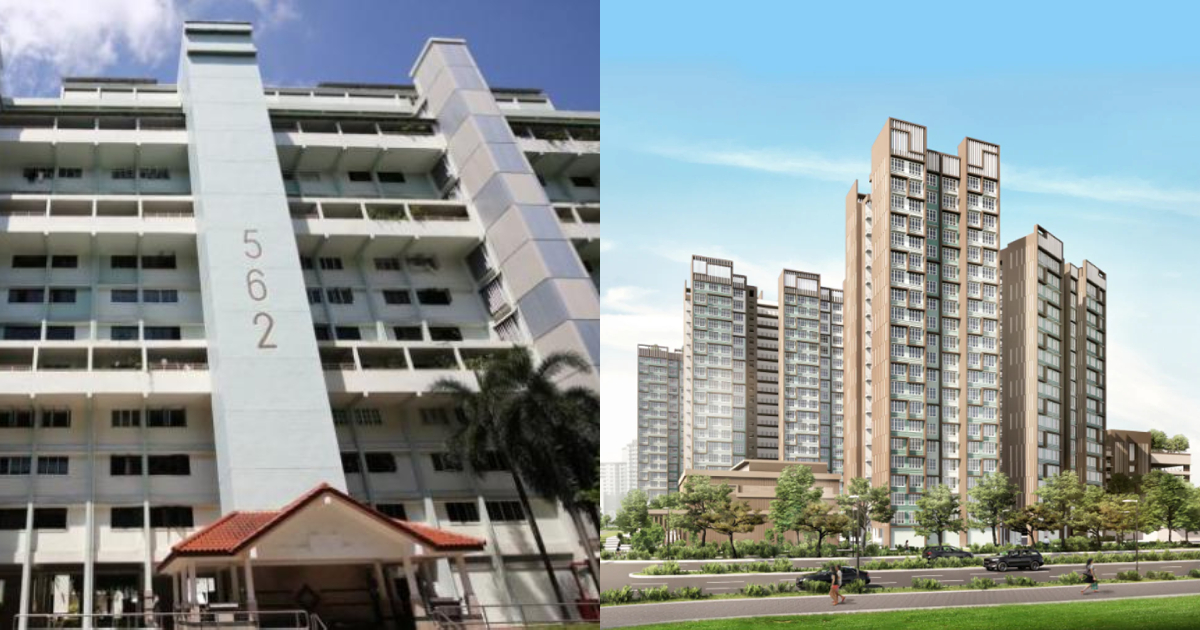
AMK SERS Debacle Shows Government’s Heartlessness in Public Housing Policy
Housing and property topics are always hot-button issues in land-scarce Singapore. The latest public debate (controversy even) surrounds the government’s Selective En-Bloc Revelopment scheme (SERS), with its application to four public housing blocks in Ang Mo Kio for the first time since 2018.
Residents of Blocks 562 to 565 at Ang Mo Kio Avenue 3 will be moved out of their 43-year-old homes starting from 2027, when the new replacement blocks will be completed 1km away between Ang Mo Kio Ave 5 and Ang Mo Kio Drive.
SERS was started by the government as a programme to help with estate rejuvenation and renewal of older housing estates. This is in line with a long history of the government’s active management of Singapore’s scarce land resources, which sometimes involves unilateral government acquisitions of private and public properties/lands for repurposing or rebuilding under the Land Acquisition Act.
Fair Compensation: Who Determines It?
However, the latest SERS exercise in Ang Mo Kio has drawn hackles from affected residents, with substantive worries about fair compensation needing to top up cash for replacement flats of similar sizes, outstanding loans, having to pay a resale levy, as well as other emotional concerns from elderly residents who had planned to retire in place for the remaining time of their lives.
Concerns about the fairness and sufficient nature of SERS compensation by anybody in Singapore is a very valid and pertinent point. According to HDB, a professional private valuer will be appointed to value all affected flats, with results to be published later this year. However, financial considerations from the perspective of affected individuals go way beyond the valuations for their current flats at current market resale rates, since they will have to also factor in inflation to costs of moving and renovation some five years or more into the future when they move into their new flats anywhere else in Singapore. $30,000 today (the SERS grant being mooted by HDB) is not going to be worth $30,000 five years into the future, since inflation always goes up and almost never ever comes down if a country is to enjoy economic growth.
Furthermore, should there be any future public infrastructure or amenities plan nearby public housing blocks such as a new MRT line or mall already announced prior to their selection for SERS, these “future value-add” factors will most likely not be considered in the SERS valuation which would only deal with the flats “as is”, focusing more on the age of the units as well as their material conditions and state of repair. This would mean a SERS valuation would have the potential in some cases to substantially undervalue what the flats would otherwise command on the open resale market should the owners choose to sell their units themselves, because private resale buyers can and often do pay more for projected future “add on value” to a property from future new amenities or transport infrastructure.
Paying More, But Getting Less
The evolving nature of HDB flats to become smaller in recent years is also an issue that is further amplified by SERS.
According to a TodayOnline article covering the case of the recently-announced Ang Mo Kio SERS, homeowners can expect to receive less compensation for their current flat sizes than they would have to pay in order to buy a new replacement flat of similar size.
The only way such homeowners can come out on top financially from SERS would be to effectively downsize their homes, which is naturally something most Singaporeans are loathe to do in a country that is already exceedingly densely populated and housing space quantity/quality at a premium.
Telling SERS-affected homeowners that not only will they be forced to move out of their homes that they might have bought in the past intending to be a forever home for themselves and their families, but they have to either choose between topping up a fresh sum of money from their own funds in order to secure a similar-sized flat or downsizing to a smaller flat is a sure recipe for opposition.
Given that SERS flats are often chosen due to their age in line with estate rejuvenation and renewal plans, their owners are often going to be retirees who are no longer working. Where are they going to come up with the extra money to preserve their material living space sizes they desired and paid for decades earlier? Many of them will also not be thrilled by the prospect of having to go through the whole rigmarole of moving houses and renovating new apartments, along with all its inconveniences.
Out With The Old, In With The New… but at what cost?
SERS might sound like a good idea from the government, but it actually highlights the callous nature of how the government sees public housing for general society in Singapore today, as well as the powerlessness in the average citizen’s exercising of choice in their own public property purchases and ownership.
HDB blocks are built with 99-year leases, with the clear implication that they are meant to be structurally sound and fit for habitation for up to 99 years, way longer than the lifespans of most of their owners.
SERS demonstrates that even this autonomous informed choice by an individual to buy a public housing flat, potentially to live in for the rest of their lives and not use for property-flipping investment purposes is not sacrosanct, when you can have HDB flats not even halfway through their build lifespans be repossessed by the government for demolition and rebuilding/redeveloping under whatever arbitrary “rejuvenation/renewal” plans they have for an estate, decades after you bought your home in the first place. Is it any wonder that Singaporean society is bemoaning its lack of preserved history and estate identity?
When Home Ownership Isn’t Truly Home Ownership
The government’s handling of SERS replacement housing also makes a mockery of an individual’s ability to make their own free informed choice of living and financial expenditure to secure such housing as they see fit.
Under SERS, losing your old home is a guaranteed reality, yet unless you choose to accept and buy a replacement flat built by the state somewhere else totally without your input of desirability in location or unit size, you won’t be guaranteed a one-for-one replacement.
Instead, HDB will have you queue in line with every other potential first-time homeowner to apply for a BTO flat with a paltry 10% priority allocation, in an era where BTO flats regularly see oversubscription by 6.3 times or more on average each time a BTO exercise is conducted, with said oversubscription rate only ever going up. In short, when you buy public housing in Singapore, even if you want it to be a home for life, you might not get what you wish for.
The fundamental purpose of public housing provided by HDB as a public good to house Singapore’s population has long been broken with the increasing co-opting of CPF pension funds into funding spiralling newbuild costs, providing rocket fuel for a speculative HDB resale market, where it is often a question of securing inflation-proof retirement funds even more than naked profiteering motives.
SERS in its current form takes a further sledgehammer to the fundamental purpose of public housing in Singapore, be from a financial perspective or a sentimental societal viewpoint.
Much of SERS opposition stems from wider issues such as the broken financing and pricing nature of public housing in Singapore, as well as growing economic inflation and stability concerns in the country. Yet as long as the government chooses to prioritise profits and economic growth at all costs, none of these issues will be resolved anytime soon.
